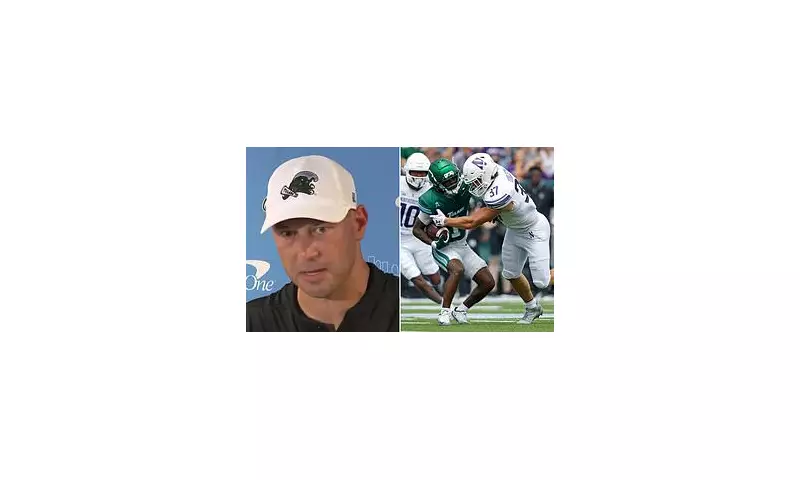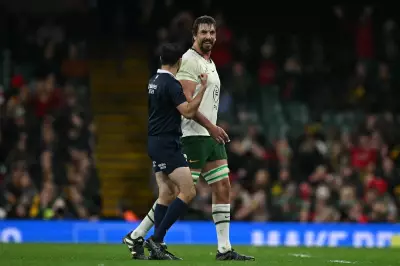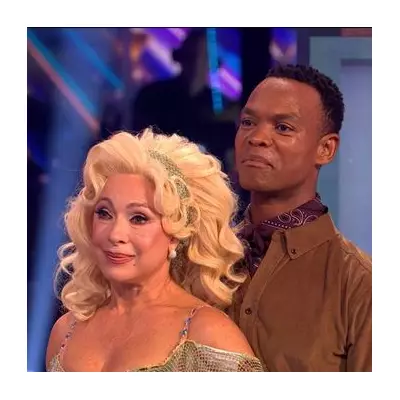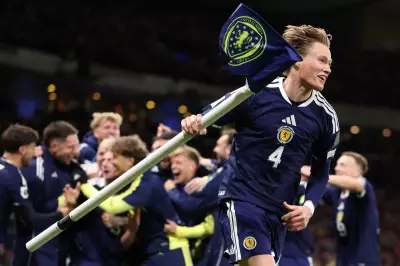
In a move that has divided the American college football community, a New Orleans coach's poignant tribute to Hurricane Katrina victims has unexpectedly sparked controversy by incorporating the colours of a bitter rival school.
Emotional Tribute or Strategic Misstep?
The head coach of a prominent New Orleans college football programme chose the eve of Hurricane Katrina's anniversary to unveil special commemorative uniforms. The gesture, intended to honour the thousands affected by the devastating 2005 disaster, took an unexpected turn when the design featured the distinctive colour scheme of their arch-rivals.
Community Reaction Divided
Local fans and alumni have expressed starkly contrasting views. Many applaud the coach's bold statement, praising the prioritisation of community remembrance over traditional rivalries. "This transcends sport," one survivor commented. "It's about remembering what we lost and how we rebuilt."
However, traditionalists within the fanbase have voiced strong opposition, arguing that using the rival's colours—even for a memorial—crosses an unforgivable line in one of college football's most intense rivalries.
The Coach's Defence
Facing mounting criticism, the coach explained his controversial decision: "Sometimes, the most important messages require us to look beyond our colours. This tribute isn't about rivalry—it's about unity in remembrance and honouring those who faced unimaginable loss."
Historical Context of the Rivalry
The involved schools share one of the most storied and heated rivalries in NCAA history, making the colour choice particularly significant. Previous encounters between these teams have drawn national attention for their intensity and passionate fan involvement.
Sports analysts suggest the tribute could either permanently damage the coach's standing with purist fans or elevate his reputation as a leader willing to prioritise human stories over sports tradition.
Looking Forward
As the anniversary approaches, the debate continues to dominate local sports discourse. The team will wear the controversial uniforms during their season opener, ensuring the tribute—and the conversation surrounding it—will reach a national audience.
Whether this gesture will be remembered as a progressive step in sports memorials or a misjudged breach of tradition remains to be seen, but it has undoubtedly started an important conversation about the role of sports in community healing.





